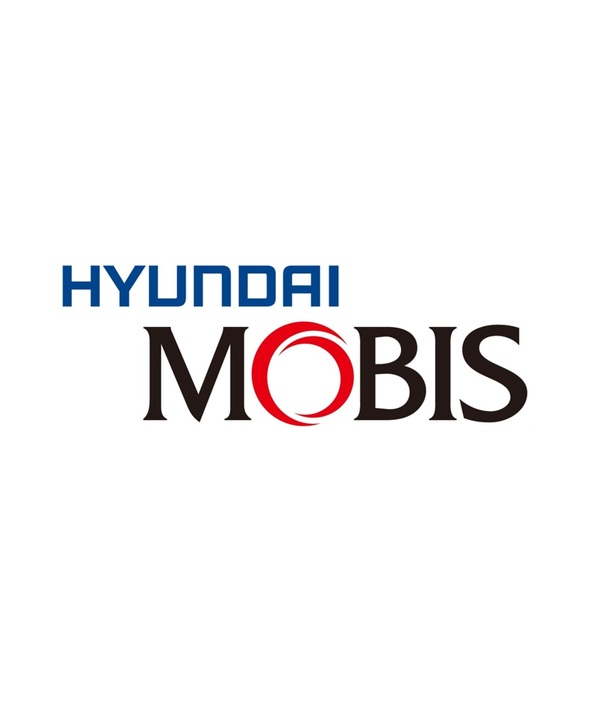
Upgrade to High-Speed Internet for only ₱1499/month!
Enjoy up to 100 Mbps fiber broadband, perfect for browsing, streaming, and gaming.
Visit Suniway.ph to learn

- The company introduces low-carbon aluminum using solar energy, signing a 15,000 tons contract with EGA.
- Using low-carbon aluminum is expected to reduce carbon emissions to a quarter of the current level.
- It has proactively introduced eco-friendly raw materials in response to the full-scale enforcement of the European Carbon Border Adjustment Mechanism (CBAM) next year.
- It plans to secure low-carbon aluminum in the long term in response to the transition to eco-friendly mobility such as EVs.
, /PRNewswire/ -- Hyundai Mobis (KRX 012330) will proactively apply low-carbon aluminum produced using solar power to the manufacturing of main automotive components starting this year. This is part of its concrete action plan for achieving the goal of carbon neutrality by 2045. Aluminum is a key material for the lightweighting of mobility, such as electric vehicles, and Hyundai Mobis plans to strengthen its green supply chain starting from the raw material procurement stage in response to the transition to eco-friendly mobility.
Hyundai Mobis announced on 2 that it has signed a contract with Emirates Global Aluminum (EGA), a global aluminum producer, securing 15,000 tons of low-carbon green aluminum. EGA is a world-class aluminum producer headquartered in Dubai, United Arab Emirates (UAE), and the aluminum Hyundai Mobis has secured this time is low-carbon aluminum produced using solar power.
The 15,000 tons of low-carbon aluminum secured by Hyundai Mobis is the annual amount the company needs, which is worth about 62 billion Korean won. This is more than 20% of the total amount of aluminum the company purchased throughout the last year, which is 67,000 tons in total.
Low-carbon aluminum is called an eco-friendly material because carbon is less emitted during its manufacturing process. It is generally known that about 16.5 tons of carbon is emitted during the manufacturing of refining, smelting, and casting to produce one ton of aluminum. On the other hand, the carbon emissions of green aluminum produced by EGA using solar energy are about 4 tons, which is only a quarter of those of regular aluminum.
Get the latest news
delivered to your inbox
Sign up for The Manila Times newsletters
By signing up with an email address, I acknowledge that I have read and agree to the Terms of Service and Privacy Policy.
Hyundai Mobis plans to proactively respond to environmental regulations of governments around the world by using the green aluminum it introduced this year in the manufacture of main components such as chassis. In particular, as the European Union (EU) will fully enforce the Carbon Border Adjustment Mechanism (CBAM) regulation from next year, Hyundai Mobis is expected to be able to minimize the impact of the regulation. The CBAM regulation is a program that calculates and charges the carbon emissions of products imported into Europe, targeting six carbon-intensive products: steel, aluminum, electricity, fertilizer, cement, and hydrogen.
Hyundai Mobis plans to continue to introduce low-carbon aluminum and make specific efforts to strengthen its ESG management and achieve its carbon neutrality goals. Hyundai Mobis plans to establish a strategic partnership with EGA in the first half of this year to secure a stable and systematic supply of low-carbon aluminum in the future.
"We will proactively respond to global environmental regulations by establishing a green supply chain and embody our efforts to reduce carbon emissions from the supply chain stage," said Sun-woo Lee, senior vice president of purchasing, Hyundai Mobis.
About Hyundai Mobis
Hyundai Mobis is the global no. 6 automotive supplier, headquartered in Seoul, Korea. Hyundai Mobis has outstanding expertise in sensors, sensor fusion in ECUs and software development for safety control. The company's products also include various components for electrification, brakes, chassis and suspension, steering, airbags, lighting, and automotive electronics. Hyundai Mobis operates its R&D headquarters in Korea, with four technology centers in the United States, Germany, China, and India. For more information, please visit the website at http://www.mobis.com.
Media Contact
Choon Kee Hwang : [email protected]
Jihyun Han : [email protected]

 23 hours ago
4
23 hours ago
4



